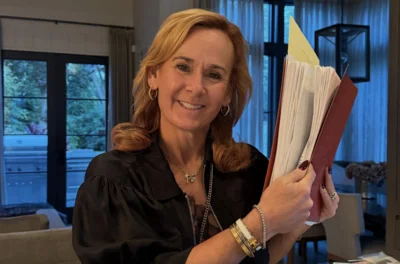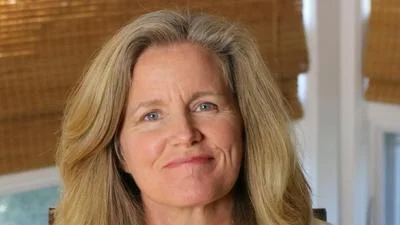State Rep. Jeanne Ives (R-Wheaton)
State Rep. Jeanne Ives (R-Wheaton)
Wheaton District 200 can't guarantee that voter approval of Tuesday's referendum permitting construction of a new early childhood center will lead to no additional property taxes, according to property tax expert Todd Barron.
Barron, president of Barron Corporate Tax Solutions of Wheaton, wrote a brief financial analysis of the district’s plan in response to claims that funding construction through a lease won’t increase property taxes.
It “seems too good to be true,” he said.

Property Taxes
“The simple fact is that the cost of any multi-million dollar project will be borne by local taxpayers,” Barron, who also teaches graduate-level tax courses at DePaul University, said. “The vote on the Jefferson [early childhood center] referendum should be based on the merits of the project itself with the understanding that property taxes will be impacted, if for no other reason than because there are other ways to utilize the new revenues [the district anticipates from the state].”
In its public relations efforts urging voters to approve the ballot question, the district has insisted that approval will lead to no additional taxes. In one mailer, the district urged voters “to work together to improve our schools without a tax increase.”
But the question on Tuesday’s ballot doesn’t quite cover the same ground regarding taxes.
“If you read the referendum on the ballot,” Barron said, “it doesn’t say that the Jefferson building project won’t increase property taxes, merely that it won’t do so through a 'separate, special property tax.'”
To avoid tax increases to finance the project, the district is relying on year-to-year increases in funding from Springfield through the change in the school funding formula made by the General Assembly in 2017.
State Rep. Jeanne Ives (R-Wheaton) told DuPage Policy Journal that looking to Springfield is a risky, and potentially costly bet; the district is almost certain never to see the kind of money outlined in the new formula.
“Counting on an ever-increasing amount of money from the state is dangerous,” Ives said. “The state is broke and should they fail to not fund the new formula completely, District 200 will be among the first districts in the state to receive no new money.”
Ives added that in four more years General State Aid will have to increase by $2.1 billion from the start of the new formula in 2017. That represents a 33% annual increase in six years.
“It’s unsustainable,” she said. “Cumulative over those six years there would be an additional $7.35 billion put into education.”
Ives also said that the district is under-estimating the costs of the project.
“They are not being truthful in their referendum materials about the cost of the building. It will be much more than $15 million. Most likely closer to $24 million,” she said.
Twice since 2013 voters have rejected proposals to raise taxes for the construction of a new preschool. This time around, the district had planned to push ahead with its lease plan for building the school without voter approval, but faced with a lawsuit it decided in August to place the question on the ballot.






 Alerts Sign-up
Alerts Sign-up